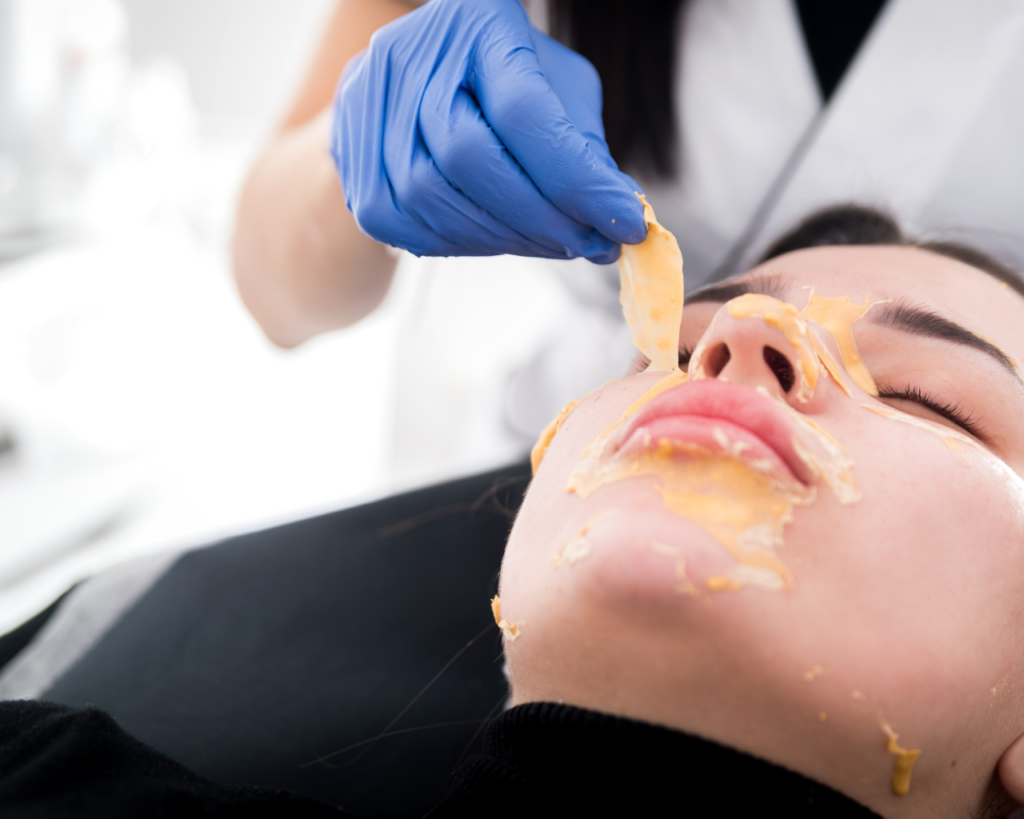A chemical skin peel, also known as a chemexfoliation or derma-peeling, is a procedure that uses a chemical solution to improve the appearance of the skin. By effectively removing the outermost layers of the skin, new skin cells surface, offering a refreshing glow and often a smoother texture to your skin.
- 152 W. Lincoln Ave. Ste 104
- Anaheim, CA. 92805


